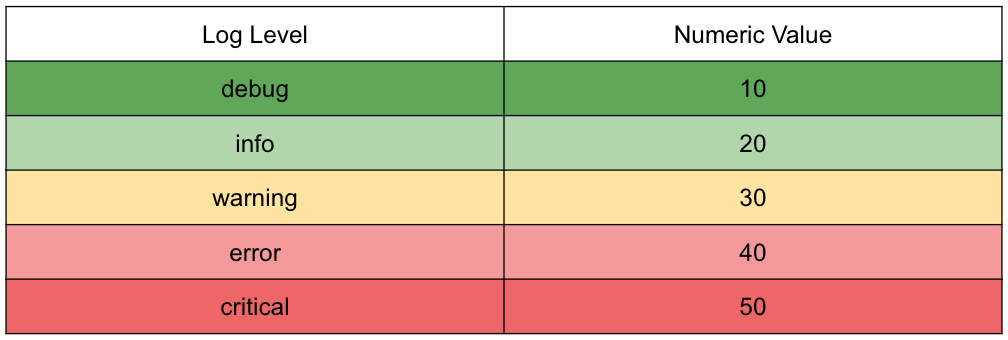Monitoring and logging
Deploying AI into Production with FastAPI

Matt Eckerle
Software and Data Engineering Leader
Why monitoring and logging?
- Can't debug in production
- App supervisor needs a simple health check
- Logging key metrics over time

Setting up custom logging
- Load the uvicorn error logger
- Add custom logs to app startup
- Add custom logs to endpoints
from fastapi import FastAPI import logging logger = logging.getLogger( 'uvicorn.error' )app = FastAPI() logger.info("App is running!")@app.get('/') async def main(): logger.debug('GET /') return 'ok'
Logging a when a model is loaded
from fastapi import FastAPI import logging import joblib logger = logging.getLogger('uvicorn.error')model = joblib.load('penguin_classifier.pkl') logger.info("Penguin classifier loaded successfully.") app = FastAPI()
Logging process time with middleware
from fastapi import FastAPI, Request
import logging
import time
logger = logging.getLogger('uvicorn.error')
app = FastAPI()
@app.middleware("http")
async def log_process_time(request: Request, call_next):
start_time = time.perf_counter()
response = await call_next(request)
process_time = time.perf_counter() - start_time
logger.info(f"Process time was {process_time} seconds.")
return response
1 https://fastapi.tiangolo.com/tutorial/middleware/
Setting the logging level

uvicorn main:app --log-level debug
Monitoring
from fastapi import FastAPI app = FastAPI()@app.get("/health") async def get_health(): return {"status": "OK"}
- "I'm ok!"
Sharing model parameters with monitoring
from fastapi import FastAPI import joblib model = joblib.load( 'penguin_classifier.pkl' ) app = FastAPI()@app.get("/health") async def get_health(): params = model.get_params() return {"status": "OK", "params": params}
- "I'm ok!"
- "Here are some fun facts about me!"
Let's practice!
Deploying AI into Production with FastAPI

